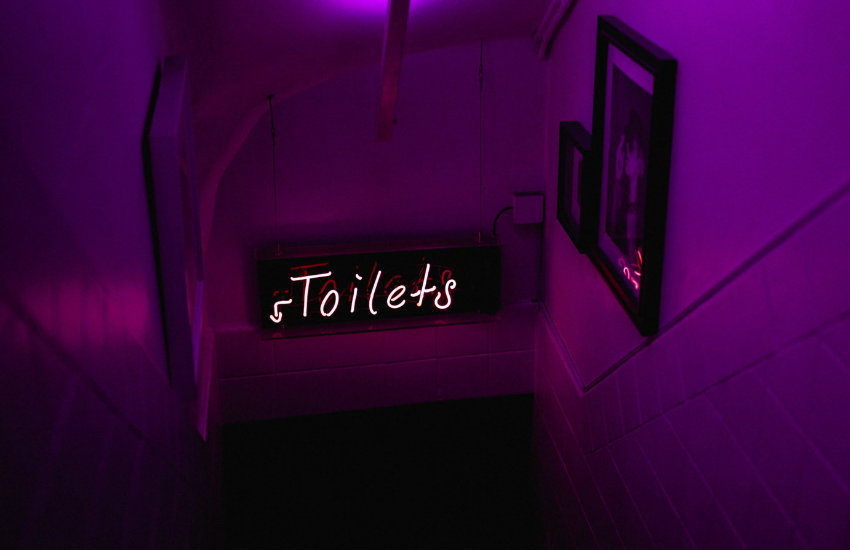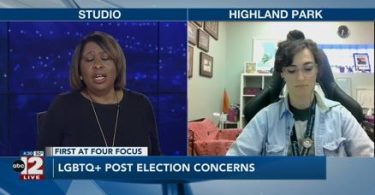People should be comfortable in public spaces | Photo: Unsplash/Marten Bjork
Vermont recently passed a bill changing all single-user public restrooms to be marked as gender-neutral. This includes schools, restaurants, and workplaces.
Governor Phil Scott, a Republican, signed H.333 on Friday (11 May). Both the state Senate and House passed the bill with vast majorities.
Scott said he has long supported this legislation.
‘Two years ago, when I was running for governor, I was asked in a debate whether I would support gender-neutral bathrooms in public places or not,’ he said.
‘I responded with a one-word answer, a simple yes. Because to me it was just that simple … And now two years later I am honored to be able to sign that legislation into law today.’
This AM, @GovPhilScott signed H.333 into law. Now, all single-use bathrooms in public spaces in #VT will be #genderfree. “This is especially important for kids in school who face anxiety and bullying while using the restroom,” said Gov. Scott. pic.twitter.com/uTYODg5Q7Q
— Outright Vermont (@outrightvermont) May 11, 2018
Providing more safe spaces
Democratic state Senator Becca Ballint told the Burlington Free Press: ‘For trans people and gender non-conforming individuals, it provides safe public accommodations.’
It can provide necessary places for plenty of people, she added. Such as ‘caregivers and their charges, whether children or folks with disabilities needing assistance’.
Governor Scott also said it would help students who face anxiety and bullying over using the bathroom in school.
Bathroom bills have been a significant battle ground for trans and queer rights in the United States.
It started with North Carolina, followed by Texas.
Since then, other states such as Iowa and Alaska have voted on legislation, both for and against bathroom protections.
Democratic House Speaker Mitzi Johnson said: ‘Too many states are passing “bathroom bills” that move in the wrong direction, discriminating against LGBTQIA individuals and forcing schoolchildren to use the restroom that corresponds with their gender at birth, not their chosen gender identity.
‘It is our duty to step in.’







